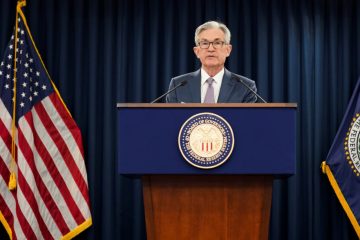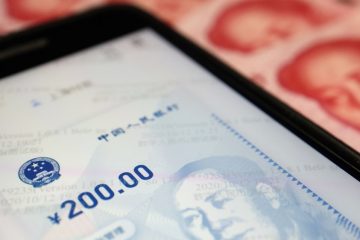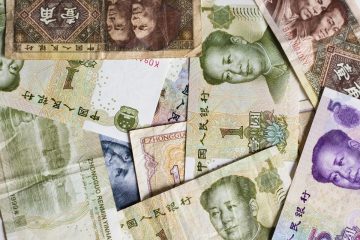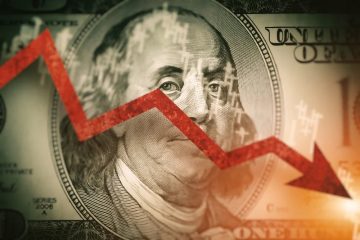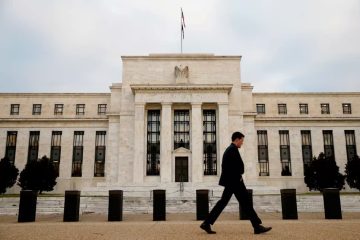Yen claws back ground as looming winter chills vaccine cheer
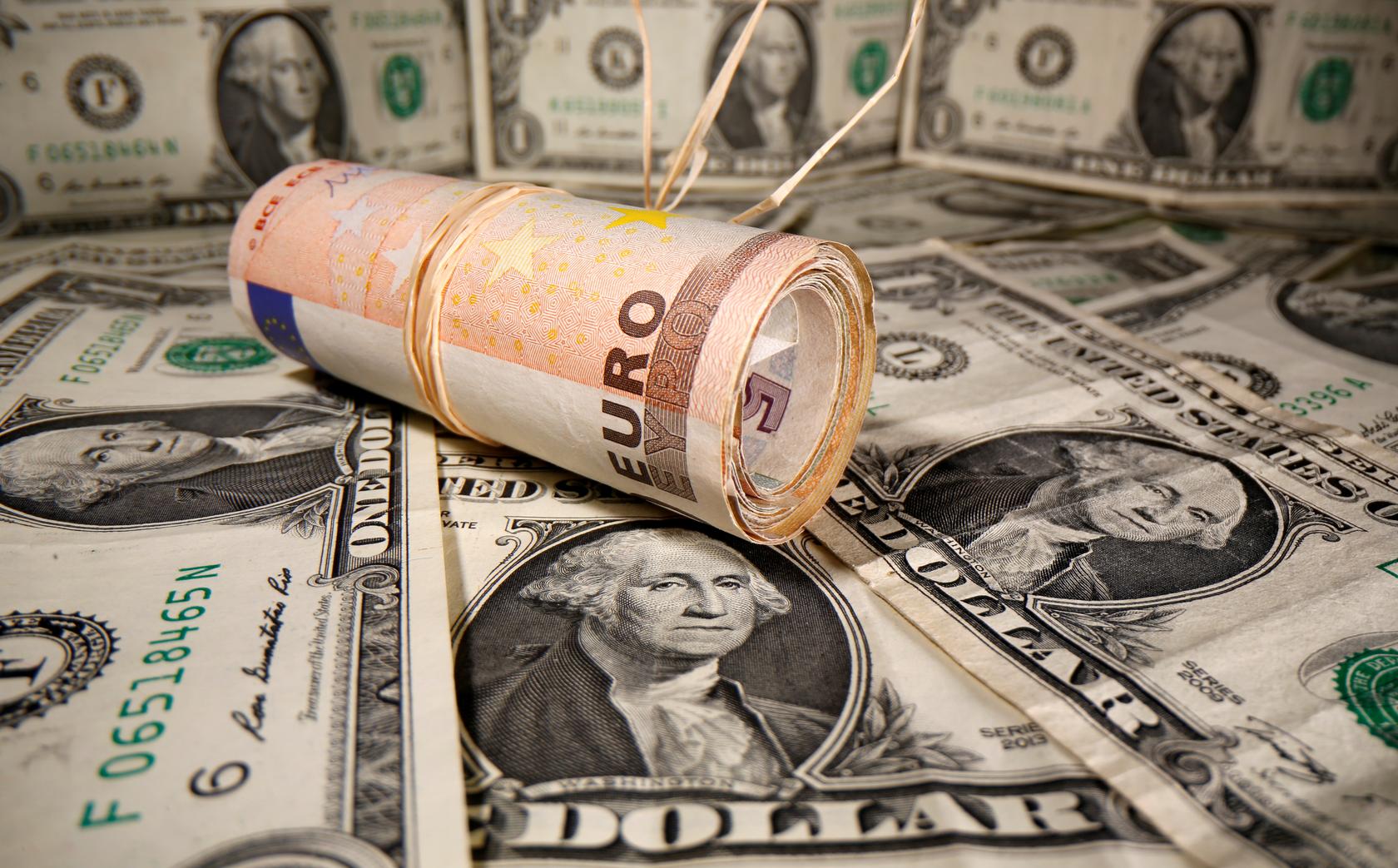
The safe-haven Japanese yen climbed to a one-week high and a steady U.S. dollar held commodity currencies in check on Wednesday, as tighter economic restrictions across the United States and Europe tested market optimism over vaccine trials.
At 104.04 per dollar, the yen has recouped nearly two thirds of the steep losses it suffered last week after Pfizer announced it had developed a working Covid-19 vaccine.
Bitcoin, sometimes regarded as a haven asset, or at least a hedge against inflation, soared above $18,000 for the first time in nearly three years, while risk sensitive Asian currencies struggled, save for a rising Chinese yuan.
“Further positive vaccine-development news is still expected over the next few days or weeks, and it does lower the downside risk to global growth,” said Citi strategist Johanna Chua.
“But near-term sentiment may still get clouded by the harsh winter in the west because of the resurgence in COVID cases.”
Surging cases have driven record hospitalizations and fresh restrictions on gathering in the United States, while new outbreaks vex authorities in Japan, South Korea and Australia.
Daily infections hit a record in Tokyo and the city is preparing to lift its alert status to the highest of four levels, local media said, which would involve asking some businesses to shorten their hours.
Federal Reserve Chair Jerome Powell said on Tuesday that there was “a long way to go” to economic recovery.
The Australian and the New Zealand dollar oscillated around flat or just below flat. Australian yields fell after the announcement of a six-day lockdown to combat a new Covid-19 cluster in South Australia.
The euro was steady at $1.1867, having hardly moved on vaccine news over the past week. That news includes Moderna’s successful trials, which European Central Bank President Christine Lagarde said would probably not be a major game changer for next year’s forecasts.
Against a basket of currencies the dollar held at 92.392 – a little softer than earlier in the week as a slight bond rally has knocked the shine off U.S. Treasury yields.
“It’s back to pondering short-term negatives vs longer-term vaccine positives, and that’s creating volatility,” ANZ analysts said in a note. “Vaccine deployment isn’t an immediate fix … expect things to remain mixed and messy.”
Elsewhere sterling edged higher as traders hoped for a Brexit trade deal breakthrough.
Britain’s chief negotiator David Frost has told Prime Minister Boris Johnson to expect a Brussels trade deal “early next week”, The Sun newspaper reported, with “a possible landing zone” as soon as next Tuesday.
However, while soft U.S. economic data weighs on broader sentiment, strong industrial output in China has kept the yuan’s barnstorming run alive, sending it to a new 29-month low of 6.5485.
The Chinese yuan has gained nearly 9% against the dollar since late May, despite the central bank taking various actions to temper its strength and it is becoming an increasingly popular conduit for bets against the U.S. dollar.
Later on Wednesday British inflation figures are due and several U.S. Fed members make speeches. In emerging markets, focus is on a Bank of Thailand meeting, though most economists expect rates to be kept on hold.


